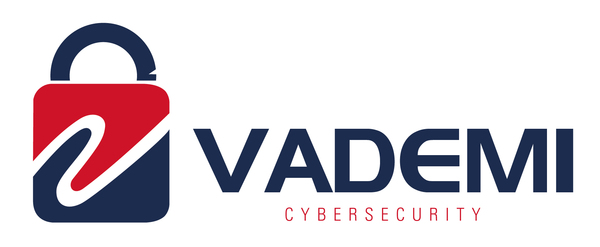In 2021, cybersecurity experts counted some 380,000 new malicious files every day worldwide. That's no less than 20,000 more cases recorded daily than in 2020. The cold facts are clear: the annual number of cyberattacks continues to rise. In today's increasingly connected world, antivirus software plays a vital role in protecting our IT systems from a multitude of digital threats. It is now essential to understand the benefits of antivirus protection in the face of today's challenges.
The Evolution of Cyber Threats
Cyber threats have evolved considerably over the years. Simple computer viruses of the 90s have mutated into far more complex and sophisticated attacks such as ransomware, Trojans, spyware and phishing attacks. These threats can also cause significant financial losses or destroy reputations.
Antivirus: the first line of defense
In the same way that our skin protects us from infection and external aggression, antivirus software is the first line of defense against these threats. They analyze suspicious files and behavior on your system, and compare them with databases of known malware signatures.
Here are some of the key features of modern antivirus software:
- Malware detection and removal: Antivirus software regularly scans your system to detect and remove malware before it causes any damage.
- Real-time protection: They constantly monitor activity on your computer and immediately block potential threats as soon as they appear.
- Behavioral Analysis: Using artificial intelligence, antivirus software can identify suspicious behavior even if the malware is not yet known.
- Built-in firewall: Many antivirus products include a built-in firewall that controls incoming and outgoing traffic to prevent unauthorized intrusions.
Challenges and limitations: Antivirus: a magic solution?
Despite their many capabilities, antivirus software is not infallible. Cybercriminals are constantly developing new techniques to bypass antivirus defenses. What's more, antivirus software requires regular updates to remain effective against new threats. It is also crucial that users adopt secure practices, such as avoiding clicking on suspicious links or downloading files from untrusted sources.
Antivirus for effective protection
For optimum protection, antivirus software should be used in conjunction with other security measures:
- Regular backups: Make sure you back up your data regularly so that you can restore it in the event of an attack.
- Multifactor Authentication (MFA): Use MFA to add an extra layer of security to your online accounts.
- Education and awareness: Train your employees and users to recognize potential threats and adopt secure online behavior.
Antivirus: a growth booster for businesses
For companies, the use of antivirus software becomes a major issue, as it is not only a question of protecting their data, but also that of their customers. A cyber attack causes irreversible damage to an organization. It can lead to significant financial losses and damage to a company's reputation. It is therefore vital that companies invest heavily not only in robust antivirus solutions, but also in a comprehensive cybersecurity strategy that includes regular audits, training and strict security policies.
Conclusion
In 2024, antivirus software remains an essential component of cybersecurity. They offer a first line of defense against a multitude of digital threats, and play a crucial role in protecting our IT systems. By combining them with other security measures and adopting secure practices, we can create a safer digital environment for all. Investing in robust antivirus solutions is no longer an option, but a necessity to guard against increasingly sophisticated cyber-attacks.
